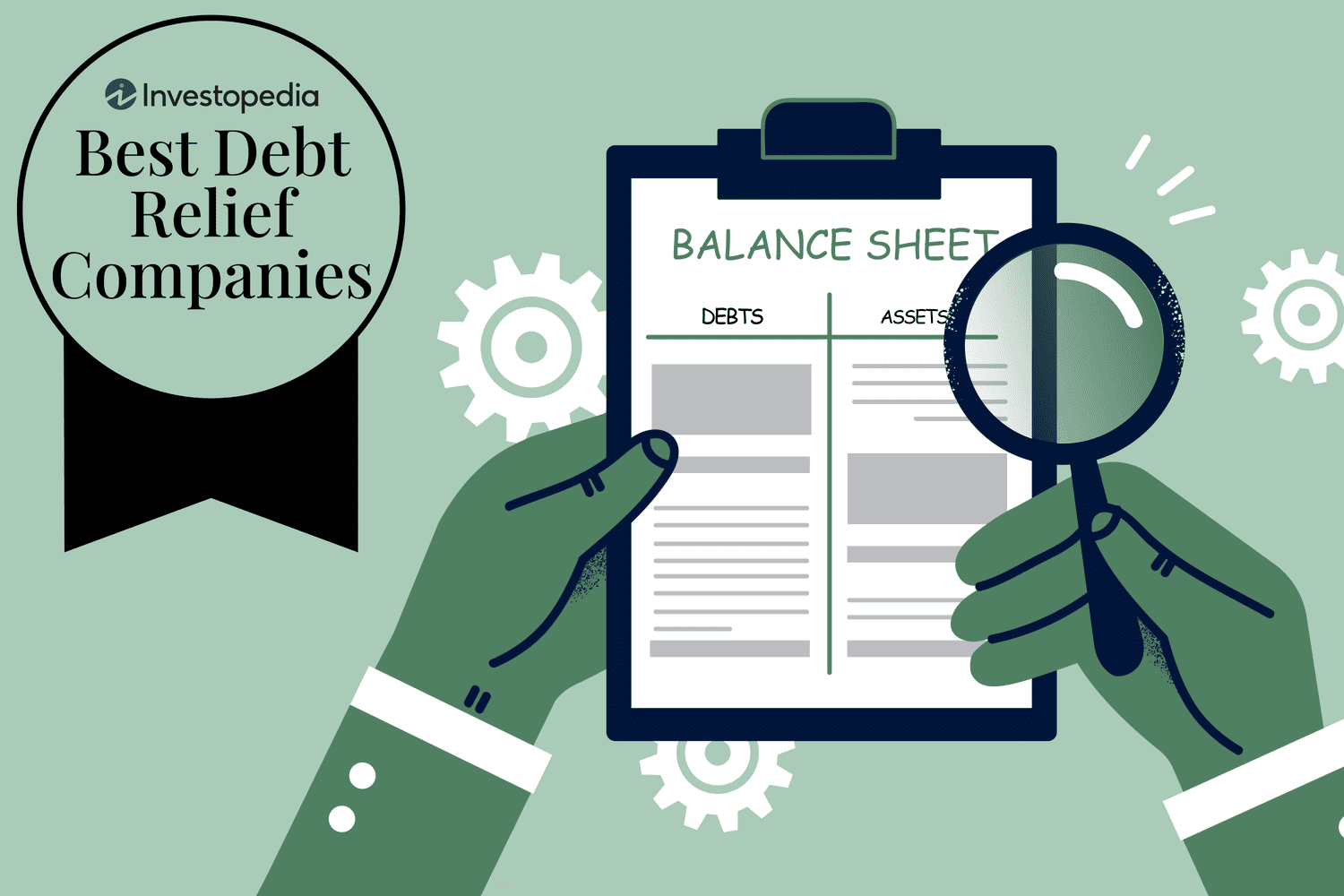In an ideal world, managing debt would be straightforward, settlement companies and everyone would have the financial stability to meet their obligations without worry. Unfortunately, for many people, debt becomes a burden that’s difficult to bear. In such cases, debt settlement can offer a lifeline, but it’s important to understand what it entails before diving in.
What is Debt Settlement?
Debt settlement is a financial strategy where you negotiate with creditors to reduce the amount of debt you owe. Typically, this involves paying a lump sum that’s less than your total outstanding balance to satisfy the debt. The goal is to settle the debt for less than you originally owed, thus alleviating some of your financial strain.
How Does Debt Settlement Work?
- Assessment and Strategy: The first step is to assess your financial situation and determine whether debt settlement is the right choice for you. This often involves consulting with a debt settlement professional or agency.
- Negotiation: Once you decide to proceed, you or your representative will negotiate with your creditors. This can be done directly or through a debt settlement company. The aim is to convince creditors to accept a reduced payment in full satisfaction of the debt.
- Settlement Agreement: If your creditors agree to the reduced amount, they’ll issue a settlement agreement outlining the terms. This document should be reviewed carefully to ensure all terms are clear and that you understand your obligations.
- Payment: After agreeing to the terms, you will make the settlement payment. This is often a lump sum, but some agreements may allow for installment payments.
- Debt Resolution: Once the payment is made, the creditor will update your credit report to reflect that the debt has been settled. However, note that the debt will typically be marked as “settled” rather than “paid in full,” which might impact your credit score.
Pros and Cons of Debt Settlement
Pros:
- Reduced Debt: The primary advantage is the reduction in the total amount you owe, which can make your debt more manageable.
- Avoid Bankruptcy: Debt settlement can be an alternative to filing for bankruptcy, which has more severe long-term consequences.
Cons:
- Credit Score Impact: Settled debts may negatively impact your credit score more than simply paying off your debts on time.
- Tax Implications: The IRS considers forgiven debt as taxable income, so you might face a tax bill as a result.
- Fees: Debt settlement companies often charge fees for their services, which can reduce the overall benefit of settling the debt.
When to Consider Debt Settlement
Debt settlement can be a viable option if you’re struggling with unsecured debt and have no realistic way to pay it off in full. It’s particularly useful when you have a significant amount of debt and can’t make minimum payments. However, it’s crucial to consider all your options, including debt management plans and bankruptcy, and to understand the potential repercussions on your credit and taxes.
Choosing a Debt Settlement Company
If you opt to use a debt settlement company, choose one that is reputable and transparent. Look for reviews, check their ratings with the Better Business Bureau, and ensure they provide clear information about their fees and services.
Final Thoughts
Debt settlement can provide relief from financial burdens, but it’s not a decision to be made lightly. Thoroughly research your options, understand the potential impact on your credit and taxes, and consider consulting with a financial advisor or attorney before proceeding. By taking a careful and informed approach, you can navigate the debt settlement process more effectively and work towards achieving financial stability.



